OKEY EJIDIKE urges Nigeria to join forces with progressive nations in confronting the apartheid-like conditions in the occupied Palestinian Territories
Nearly 50 years ago, on 11 January 1976, at the Extraordinary Summit of the Organisation of African Unity (OAU) held in Addis Ababa, Ethiopia, Africa stood at a crossroads. The continent was divided over the future of Angola, with two rival liberation movements vying for recognition: Agostinho Neto’s People’s Movement for the Liberation of Angola (MPLA) and Jonas Savimbi’s National Union for the Total Independence of Angola (UNITA). Backed by the United States and its Western allies, UNITA threatened to derail genuine African self-determination. In that moment of geopolitical tension, General Murtala Muhammed, Nigeria’s then-leader, broke decisively with the West. In his now-legendary “Africa Has Come of Age” speech, he denounced Western meddling and asserted Africa’s right to chart its path. Nigeria’s stand helped shift international support toward the MPLA, paving the way for the liberation of Southern Africa and the eventual dismantling of apartheid.
Today, a parallel moment of conscience has arrived. Recent revelations from Israeli human rights groups B’Tselem and Physicians for Human Rights–Israel confirm what many feared: Israel’s war on Gaza shows clear signs of genocide. This finding, supported by a new Lancet study revealing a devastating 30–35-year decline in Gaza’s life expectancy, shatters the narrative of “self-defense.” To the contrary, it exposes a deliberate strategy of mass civilian destruction—through starvation, blockade, and denial of medical aid—all outlawed under the Genocide Convention.
What makes this especially striking is that these accusations come from within Israel itself. The historical narrative of a people who suffered the horrors of the Holocaust is now being challenged by evidence that some of today’s victims have become perpetrators of mass atrocity.
In July 2025, the International Criminal Court (ICC) reaffirmed arrest warrants for Israeli Prime Minister Benjamin Netanyahu and former Defense Minister Yoav Gallant, charging them with war crimes, including using starvation as a weapon of war. This marks a watershed moment: a powerful state with Western backing is finally held to the same legal standards as weaker nations. The message is clear: no one is above the law.
UN Special Rapporteur Francesca Albanese’s June–July 2025 report, From Economy of Occupation to Economy of Genocide, names 48 major multinational companies complicit in sustaining violence in Gaza. Albanese calls this corporate involvement an “economy of genocide,” drawing parallels to American and European businesses’ complicity in apartheid South Africa during the 1970s, which led to global sanctions and divestment campaigns. She urges immediate sanctions and legal accountability to dismantle this enabling infrastructure.
Her report builds on decades of UN investigations that increasingly identify Israeli policies in the Occupied Palestinian Territories as systematic human rights abuses, some even labeling them apartheid. The 2009 Goldstone Report documented widespread violations during the conflicts in Gaza. The 2017 United Nations Economic and Social Commission for West Asia report explicitly classified Israeli practices as apartheid. Subsequent UN Special Rapporteurs have reinforced this grim reality, highlighting structural oppression and racial segregation comparable to South Africa’s former regime.
In a recent opinion published in The Guardian US edition, Josep Borrell, High Representative of the EU for Foreign Affairs and Security Policy from 2019-2024 affirmed that “Europe’s silence has allowed the genocide of the Palestinians to continue unchecked, undermining all it stands for.” By failing to sanction Israel, he stated, EU leaders were complicit in its crimes.
Nigeria now faces a dilemma. Its foreign policy often balances pragmatic ties with Israel, surveillance, counter-terrorism training, arms sales, agric-tech, against broader principles. Israel has been a key partner in Nigeria’s fight against insurgencies. Nigeria also fears alienating Western allies who remain cautious about sanctioning Israel.
Yet legal and moral imperatives cannot be ignored. The Genocide Convention demands action when credible evidence points to attempts to destroy a people. International law is not selective. It must be upheld even when inconvenient or politically uncomfortable.
As the 80th UN General Assembly approaches, some Western European countries, France, the UK, and Canada, have announced plans to recognize the State of Palestine. Others have taken measures in response to Israel’s actions in Gaza. The Netherlands has imposed travel bans on two far-right Israeli ministers. Belgium and Spain have suspended munitions and arms purchases from Israel. Sweden has called for the EU to freeze its trade agreement with Israel. This shift reflects growing international pressure and changing perspectives on the Israeli-Palestinian conflict. Nigeria, however, remains cautious, caught between its close ties with Israel and its strategic alliances with the West. This highlights the deep tension between realpolitik and moral leadership.
It is here that Nigeria must once again recall the prophetic words of General Murtala Muhammed. No longer a continent on the sidelines of global affairs, Africa, led by Nigeria’s historic role in the liberation struggles, has matured politically and morally. Just as Nigeria and the continent stood united against apartheid South Africa’s racial tyranny, so too must Nigeria stand boldly in confronting the apartheid-like conditions in the Occupied Palestinian Territories today.
Nigeria’s historic role in the global fight against apartheid uniquely positions it to reconsider its stance on this conflict. As a leading voice in African liberation and justice, Nigeria has long championed the dismantling of racial oppression. With South Africa now pursuing a legal challenge against Israeli apartheid at the International Court of Justice, Nigeria’s active support is critical to strengthening Africa’s united front. Aligning with this legacy would reaffirm Nigeria’s commitment to human rights and amplify African solidarity for justice and peace.
Nigeria’s approach must honor its history, leadership in Africa, and long-term interests. A nation that survived a brutal civil war marked by atrocities, yet committed itself to international humanitarian law, cannot ignore mass suffering elsewhere without betraying its own, hard-learned lessons. South Africa has already taken a stand at the ICJ. Nigeria, as Africa’s largest democracy and a hopeful Security Council member, cannot afford to appear indifferent to genocide.
True influence and security come from defending justice and the rule of law, not from transactional deals that compromise moral standing. Nigeria has supported ICC cases across Africa. To now ignore ICC warrants against Israeli leaders risks reinforcing the perception that international law punishes the weak while shielding the powerful.
The time has come for Nigeria to rise above politics and stand firmly for international law and human rights. Silence or inaction will only embolden impunity and betray the principles Nigeria has long fought to uphold.



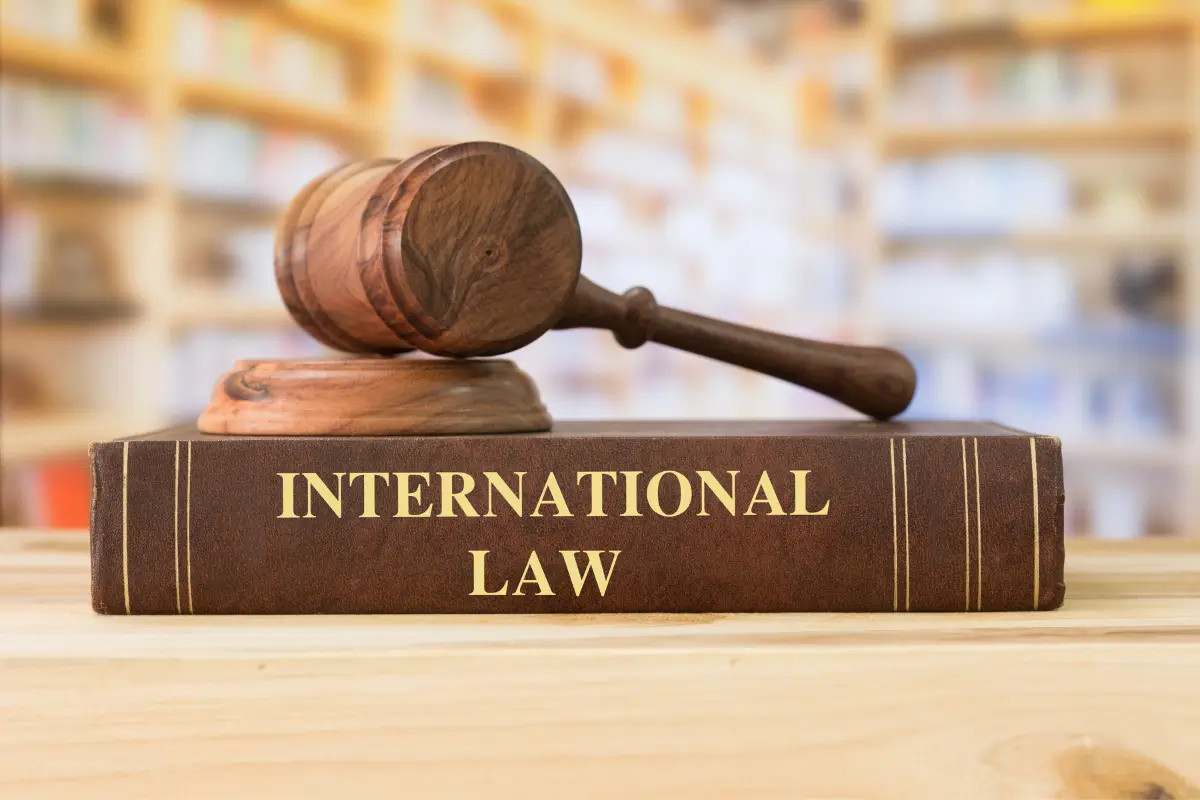

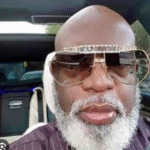
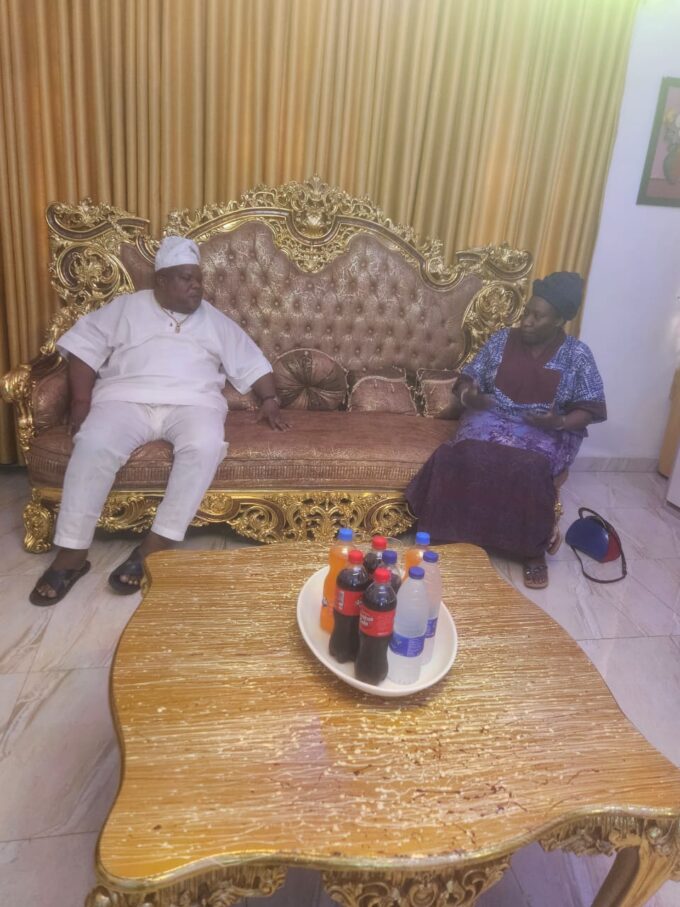


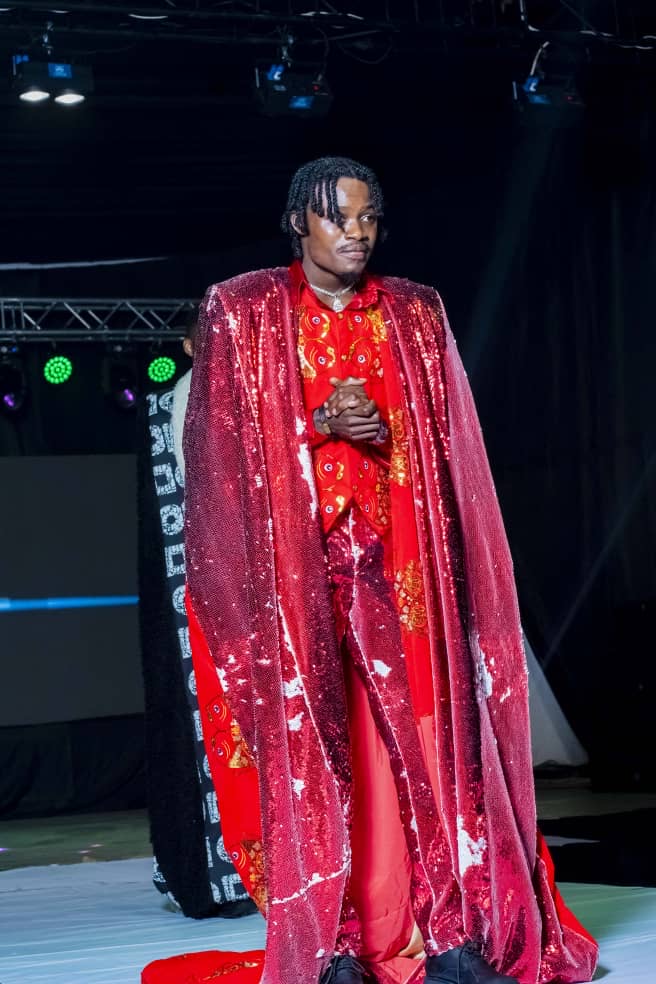
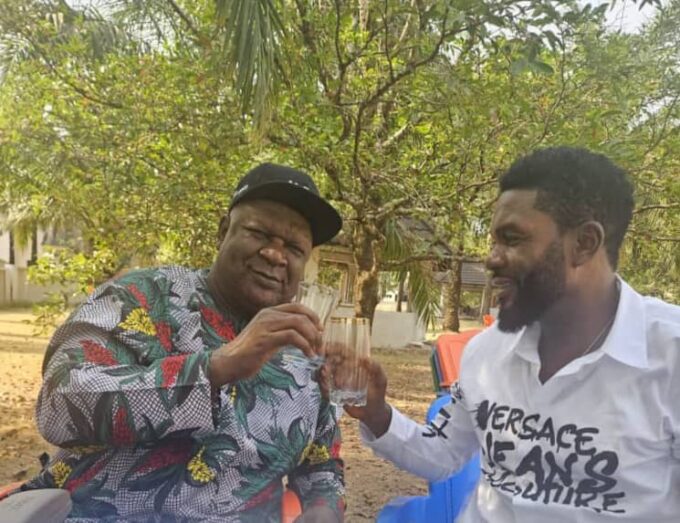
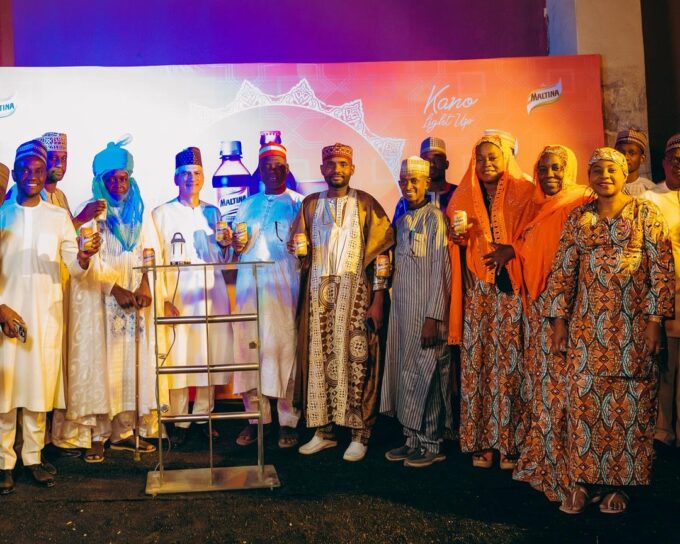


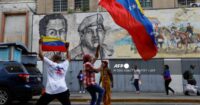
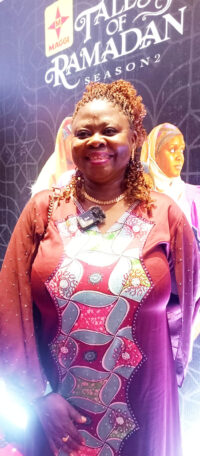

Leave a comment